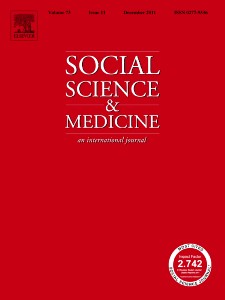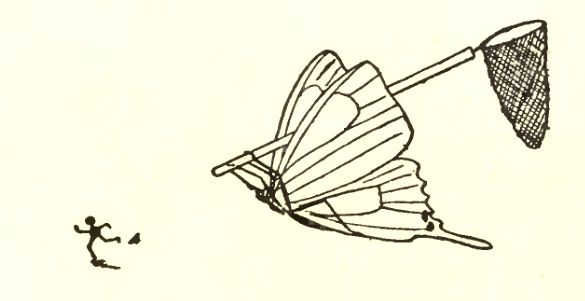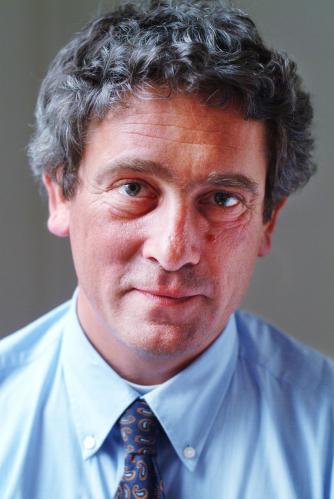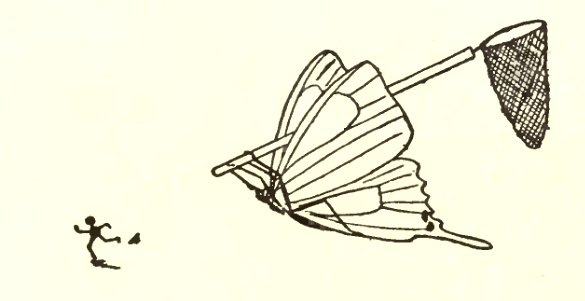 A highly cited paper has received a major correction as a result of the ongoing battle over attitudes towards gay people, when a prominent — and polarizing — critic showed it could not be replicated.
A highly cited paper has received a major correction as a result of the ongoing battle over attitudes towards gay people, when a prominent — and polarizing — critic showed it could not be replicated.
In December 2017, researchers led by Mark Hatzenbuehler of Columbia University corrected the paper, originally published in Social Science & Medicine in February 2014, which showed that gay people who live in areas where people were highly prejudiced against them had a significantly shorter life expectancy. The corrigendum came more than a year after a researcher who has testified against same-sex marriage was unable to replicate the original study.
“Structural stigma and all-cause mortality in sexual minority populations,” has been cited 102 times, according to Clarivate Analytics’ Web of Science, and attracted media coverage when it was published, from outlets such as Reuters and U.S. News & World Report.
Continue reading Study that said hate cuts 12 years off gay lives fails to replicate
 Title:
Title:  The Karolinska Institutet in Sweden has declared that once-lauded surgeon
The Karolinska Institutet in Sweden has declared that once-lauded surgeon 



 Title:
Title: 
